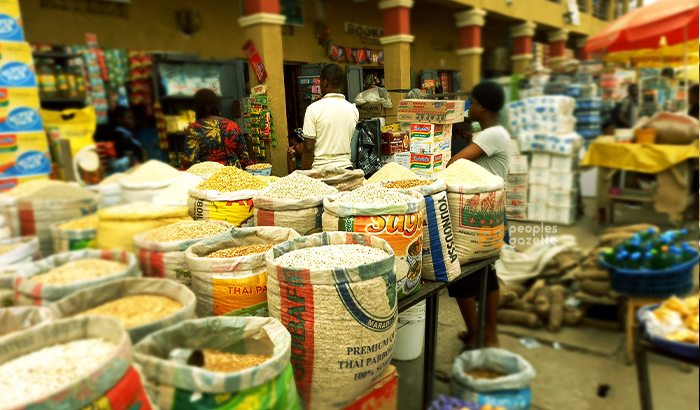The United Nations has reiterated its prediction that 82 million Nigerians, approximately 64% of the population, could face hunger by 2030.
The UN urged the government to address climate change, pest infestations, and other threats to agricultural productivity. This warning follows a continuous increase in food prices in the country.
Speaking recently at the launch of CropWatch in Abuja, the Resident Humanitarian Coordinator of the Food and Agriculture Organisation, represented by one of the UN officials, Taofiq Braimoh, said, “The government of Nigeria, in collaboration with others, conducts an annual food security survey. This year’s results are alarming: approximately 22 million Nigerians will face food insecurity in 2023, and around 80-82 million are at risk of severe food insecurity by 2030.
“Nigeria, like many countries, grapples with food insecurity, climate change, unreliable water patterns, pest infestations, and other threats to agricultural productivity. As an agrarian society, our farms’ success directly impacts food availability for our population. Leveraging technology is crucial to strengthening our agriculture sector and ensuring food security.”
He emphasized that satellite-based crop monitoring offers real-time data on crop conditions, helping farmers and policymakers make informed decisions to optimize agricultural practices.
He noted that this technology could accelerate achieving sustainable development goals in food and agriculture.
According to the National Bureau of Statistics, Nigeria’s food inflation rate reached a record 40.66% in May 2024, exceeding April’s 40.53%.
This surge marks the largest year-on-year rise in food prices since records began in 1996.
Meanwhile, Headline Inflation in Nigeria rose to 33.95 per cent in May 2024 from 33.69 per cent in April.
Get instant and latest news updates via Our WhatsApp Community or Google News online channel.


